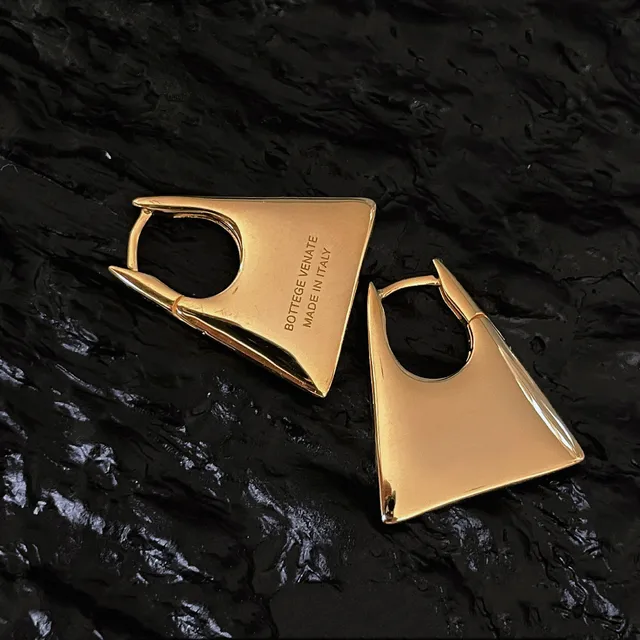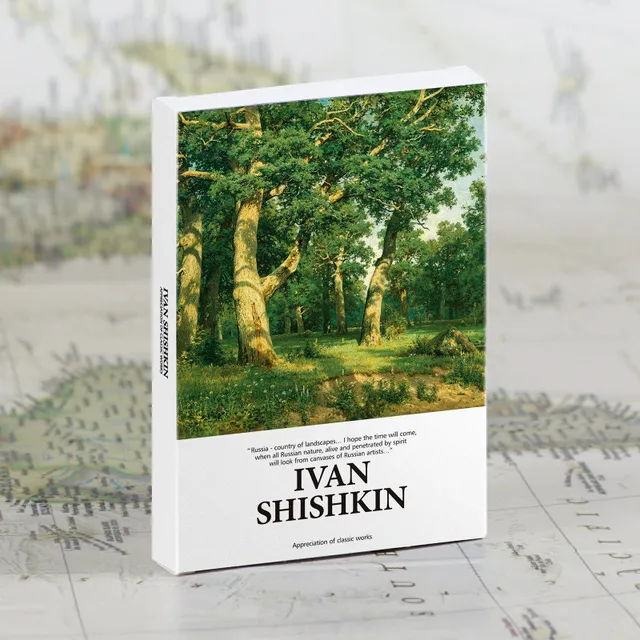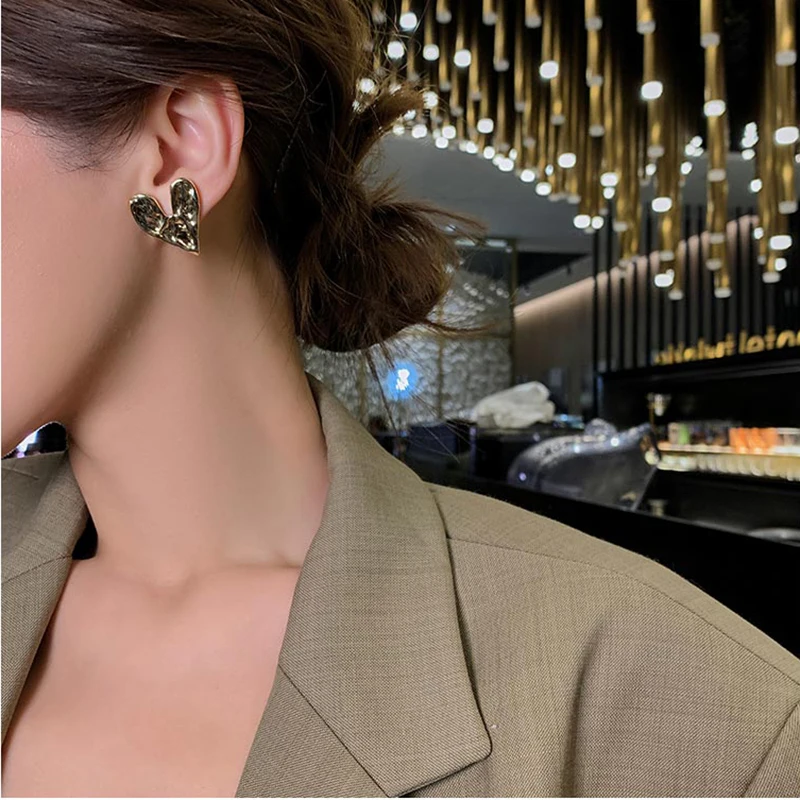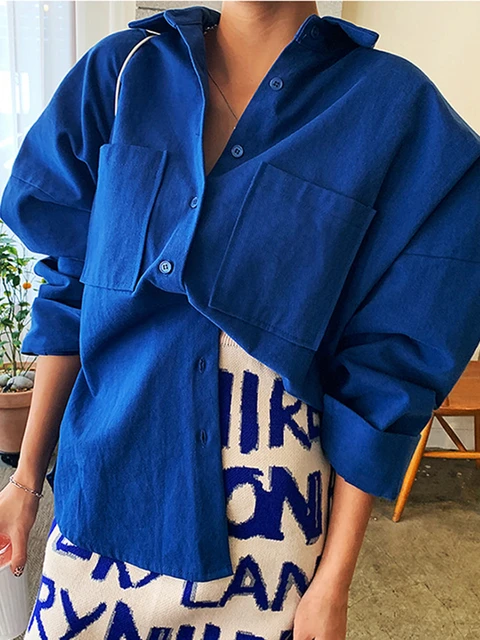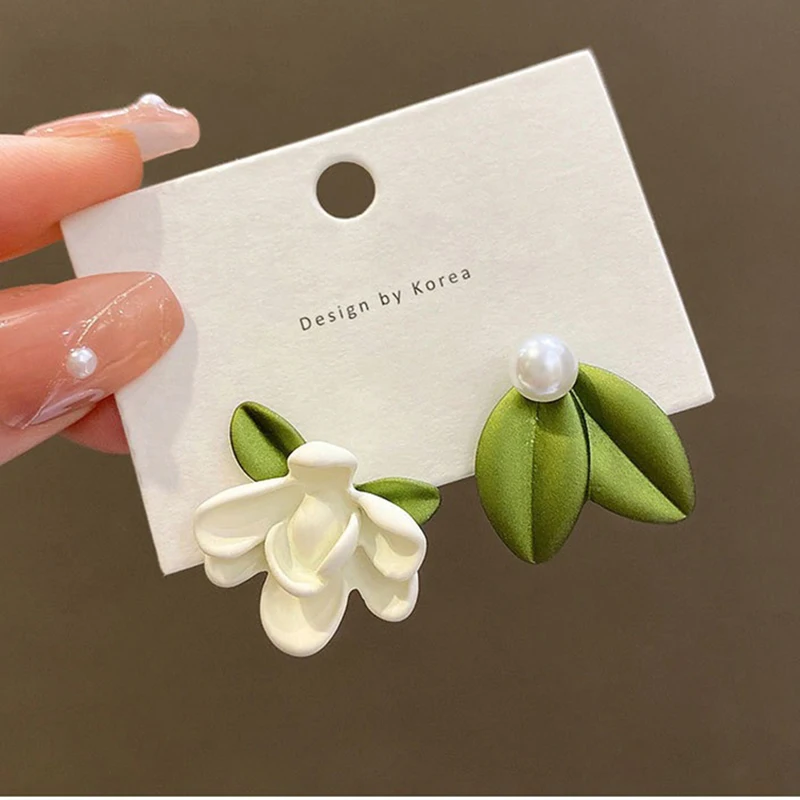Photo
Lately, I have been pondering over the wabi-sabi philosophy a lot. Maybe it was triggered by my winter cleaning and refusing to throw objects I have from my grandparents, and although some rusty and some of them chipped, I wished to hold onto them a little bit more, just to have them there to look at and admire.
In traditional Japanese aesthetics, wabi-sabi is centered on the acceptance of transience and imperfection. The aesthetic is sometimes described as one of appreciating beauty that is “imperfect, impermanent, and incomplete” in nature.
The word ‘wabi’ originally referred to the loneliness of living in nature, remote from society; ‘sabi’ meant “chill”, “lean” or “withered”. Around the 14th century, these meanings began to change, taking on more positive connotations. ‘Wabi’ came to connote rustic simplicity, freshness or quietness, and can be applied to both natural and human-made objects as an expression of understated elegance. It can also be used to refer to the quirks and anomalies that arise from the process of making something, which are seen to add uniqueness and elegance to the finished object. ‘Sabi’ refers to the beauty or serenity that comes with age, when the life of the object and its impermanence are evidenced in its patina and wear, or in any visible repairs.
After centuries of incorporating artistic and Buddhist influences from China, wabi-sabi eventually evolved into a distinctly Japanese ideal. Over time, their meaning changed to be more lighthearted and hopeful. Around 700 years ago, particularly among the Japanese nobility, understanding emptiness and imperfection was honored as tantamount to the first step to satori, or enlightenment.
In today’s Japan, the meaning of wabi-sabi is often condensed to “wisdom in natural simplicity”. In art books, it is typically defined as “flawed beauty”.
I plan to make a small photo-session with my precious objects and I am already excited about it!

Photo
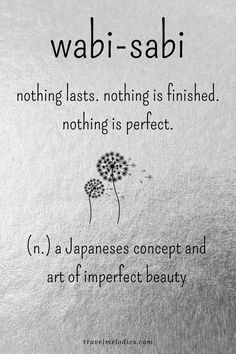
Photo Via Pinterest

Photo




